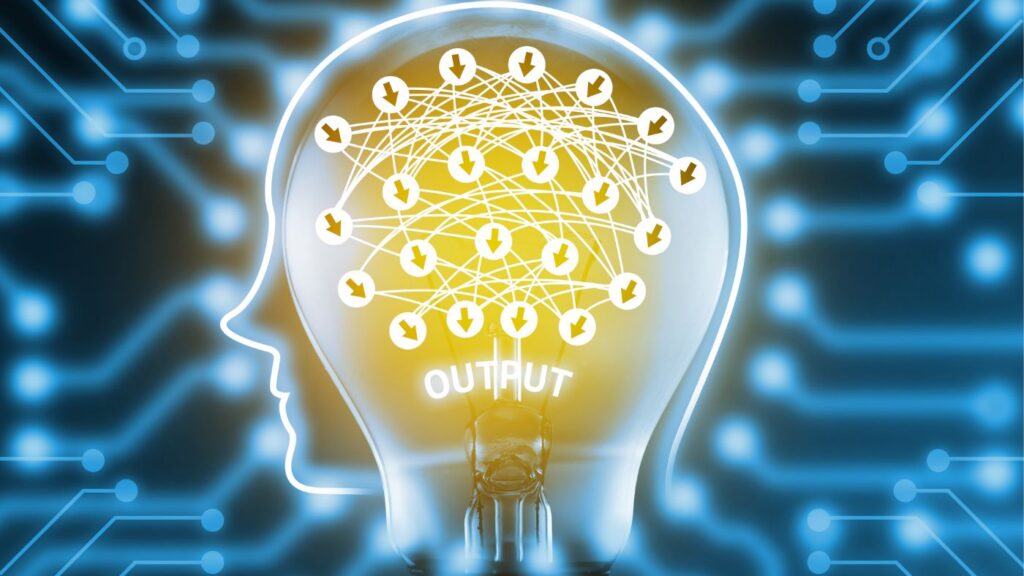The integration of technology in healthcare has revolutionized the industry over the past decade, with Artificial Intelligence (AI) and Machine Learning (ML) at the forefront of this transformation. These technological advancements have introduced innovative capabilities in data analysis, early detection, personalized treatment, and continuous patient monitoring, especially for those managing chronic diseases. This blog post delves into how AI and ML are reshaping healthcare, offering a proactive approach that transcends traditional symptom management to promote comprehensive healing and wellness.
AI’s Contributions to Chronic Disease Management
Predictive Analytics for Early Detection
One of AI’s paramount contributions to chronic disease management is its ability to employ predictive analytics for early detection. AI can sift through vast amounts of data, ranging from genetic information to lifestyle patterns, to identify risk factors for chronic diseases. For instance, AI models can scrutinize blood sugar, cholesterol, and blood pressure readings to predict conditions like diabetes or heart disease with remarkable accuracy. This enables healthcare providers to take early action, potentially reversing or halting disease progression before it escalates. Harvard Health provides insights on how predictive analytics is changing healthcare.
Personalized Treatment Plans
Machine Learning facilitates the development of highly personalized treatment plans by factoring in an individual’s health history, preferences, and genetic makeup. This level of customization enhances treatment efficacy and reduces the likelihood of adverse effects. AI-generated insights are further enriched by the integration of health coaches, who leverage these insights to offer practical advice. For example, AI might recommend a specific cancer treatment based on genetic profiling, while a health coach provides lifestyle modifications to bolster recovery. For more on personalized healthcare solutions, explore Mayo Clinic’s innovations.
Remote Monitoring and AI-Powered Wearables
Wearable technology has become a crucial element of chronic disease management, with AI-powered devices such as smartwatches continuously tracking vital health metrics. These devices provide real-time data, enhancing self-care by enabling patients to monitor their conditions actively and make informed decisions. Instant feedback from wearables allows individuals to prevent potential health issues by making immediate lifestyle adjustments. For example, a person with hypertension can receive notifications about elevated blood pressure levels, prompting timely interventions. The Verge explores how wearables are changing the healthcare landscape.
Conclusion
The intersection of AI, ML, and healthcare heralds a new era of proactive, personalized, and patient-centered care. By transforming chronic disease management through early detection, customized treatments, and continuous monitoring, AI and ML not only address the underlying causes of diseases but also facilitate ongoing health management. As technology continues to evolve, its role in healthcare promises to empower individuals with chronic conditions, guiding them towards healthier and more fulfilling lives.
For further reading on AI and healthcare technology, consider visiting Forbes Healthcare and Healthcare IT News for recent developments and expert perspectives.




